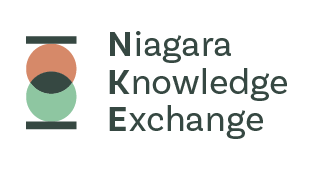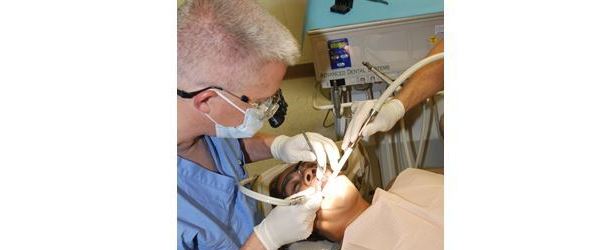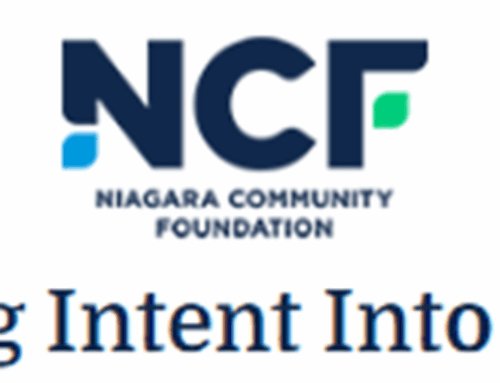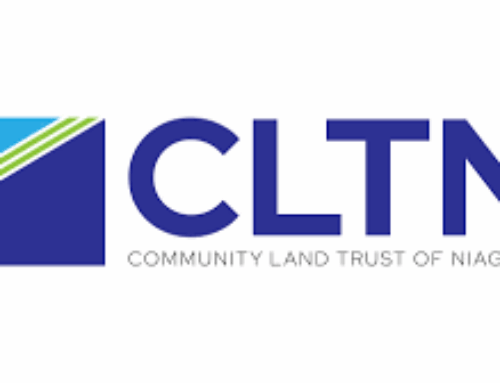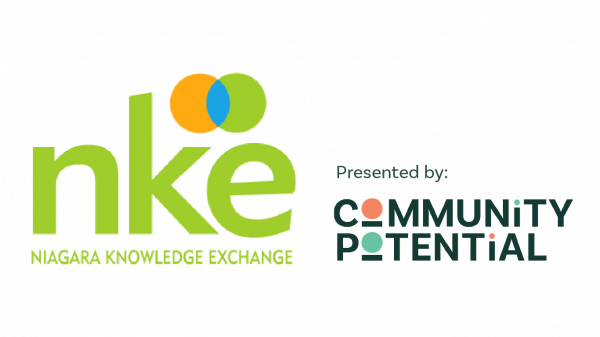The Niagara Dental Health Coalition conducted a survey to identify barriers to accessing dental care in Niagara region for adults 18 and over. The Coalition had heard anecdotally from local health and social service agencies that they frequently encounter people across Niagara region who face challenges accessing dental care. The purpose of the survey was to quantify these anecdotes to tell a more complete picture of the ways the lack of dental care access is impacting the lives of numerous Niagara region residents.
The survey was available both online and in paper copy. A number of community agencies, including Niagara Region Public Health, Community Health Centres, legal clinics, and other social services agencies assisted with disseminating the survey to their clients. The survey was also well promoted in both print and social media.
The survey received 1,334 responses from residents aged 18 and over from across all twelve lower-tier municipalities in the Niagara region.
Key survey findings include:
- 69% of survey respondents cannot afford to pay for dental care
- 53% of survey respondents have no access to workplace or publicly funded dental health benefits
- 62% of survey respondents reported their dental health as fair or poor
- 22% visited a hospital emergency room, family doctor, or a walk in clinic for dental emergencies
There are many concerning implications related to the lack of access to dental care. Survey respondents indicated a high percentage of dental health concerns experienced over the past year, including:
- Tooth pain – 55%
- Cavities – 46%
- Missing, loose, or broken teeth – 44%
- Abscesses – 19%
As well, survey respondents experienced significant impacts on their overall quality of life, including:
- Difficulty eating – 56%
- Low self esteem – 42%
- Difficulty sleeping – 30%
“Imagine your worst toothache ever. Then imagine you had to contemplate living with that for the rest of your life. My pain at least sometimes comes and goes, but I don’t know how much longer before it gets worse. This situation is inhumane,” said one dental survey respondent.
The current provincial government has said that it plans to expand access to dental benefits to adults and seniors on low incomes by 2025. However, for those who are suffering daily with tooth pain and eating problems, eight more years without access to dental care is interminable.
The Niagara Dental Health Coalition calls on the public to continue to let their elected representatives know that expanding access to publicly-funded dental care for low-income adults and seniors is an issue they want to be addressed now, not in eight years. Niagara employers can also play a role by choosing to provide dental benefits for their workers.
Lori Kleinsmith
Chair, Niagara Dental Health Coalition &
Health Promoter, Bridges Community Health Centre
lori.kleinsmith@bridgeschc.ca
Related Resources
- Niagara Region Adult Dental Health Care Barriers Survey Report 2017
- Barriers to Accessing Dental Care in Niagara (Infographic)
Related media links:
- Lack of dental care impairs many in Niagara
- Survey paints picture of unaffordable dental care
- EDITORIAL: Dental care should be a right
